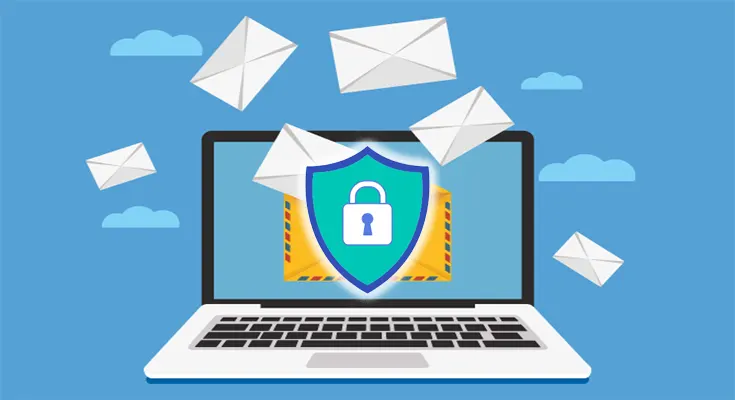Australian businesses rely heavily on email, but many overlook its vulnerabilities while focusing on domain and web hosting options. Cybercriminals constantly evolve their tactics, making robust email security paramount.
This guide explores cutting-edge strategies to fortify your email defences, from advanced encryption to employee training. By implementing these measures in email hosting Australia, you’ll create a resilient shield for your digital correspondence, protecting sensitive data and maintaining trust in your email hosting service.
Tips to Improve Business’s Email Security
● Select a Reputable Email Hosting Provider
Choosing the best email hosting in Australia is crucial for establishing a strong security foundation. Seek for providers that give consistent system updates, cutting-edge security features, and reliable customer service. A reputable host will provide the necessary infrastructure to support your email security efforts.
● Implement Robust Password Policies
Strong passwords are fundamental to email security. Implement regulations that encourage workers to use capital, lowercase, digits, and symbols for creating complicated passwords.
Regularly update these passwords and consider implementing password management tools to help staff maintain unique, secure credentials for all accounts.
● Utilise Two-Factor Authentication (2FA)
Two-factor authentication significantly enhances secure email practices by adding an extra layer of verification. By requiring a second form of identification, such as a code sent to a mobile device, 2FA reduces the risk of unauthorised access.
Make this feature mandatory for all business email accounts to strengthen your overall security posture.
● Educate Employees on Email Security Best Practices
Maintaining email security is primarily the responsibility of your staff members. Provide employees with regular training to teach them how to spot phishing attempts, steer clear of suspicious hyperlinks and attachments, and handle sensitive emails properly. The key to stopping successful attacks is to promote a culture of security awareness.
● Implement Email Encryption
Encryption is a powerful tool for ensuring secure email communication. Encryption makes it very difficult for unauthorised people to intercept and read sensitive information by jumbling the contents of communications. Implement end-to-end encryption for your business emails, especially when transmitting confidential data.
● Regularly Update and Patch Email Systems
Keep your email systems current with the latest security patches and updates. Cybercriminals often take advantage of common vulnerabilities in outdated software. By maintaining up-to-date versions of your email clients and servers, you can close potential security gaps and protect against emerging threats.
● Deploy Spam Filters and Anti-Malware Solutions
Spam and malware pose significant risks to business email security. Implement robust spam filters to reduce the volume of potentially harmful emails reaching your employees’ inboxes. Additionally, deploy anti-malware solutions that can scan email attachments and any links for potential threats before they infiltrate your network.
● Set Up Email Authentication Protocols
Email authentication protocols like SPF, DKIM, and DMARC help verify the legitimacy of incoming emails and prevent email spoofing. These measures reduce phishing attempts and protect your company’s email reputation by verifying that emails from your domain are sent from authorised sources.
● Establish a Comprehensive Email Usage Policy
Create and enforce a clear email usage policy for your business. This policy should outline guidelines for handling sensitive information, appropriate use of company email accounts, and procedures for reporting suspicious emails. A well-defined policy ensures that all employees understand their role in maintaining email security.
● Regularly Backup Email Data
While not directly related to preventing attacks, regular backups are crucial for business continuity in case of a security breach.
Implement an automated backup system for all business emails and store backups securely, preferably in multiple locations. This ensures that even if your primary email system is compromised, you can quickly recover important data and communications.
By implementing these measures, you can significantly enhance your business’s email security. Remember that secure email practices involve continual awareness and adaptability to new threats.
Conclusion
Email security is essential for protecting sensitive corporate data and preserving customer and partner trust. By combining the best email hosting in Australia with robust security practices, employee education, and appropriate tools, you can create a secure email environment that supports your business operations while minimising security risks.





